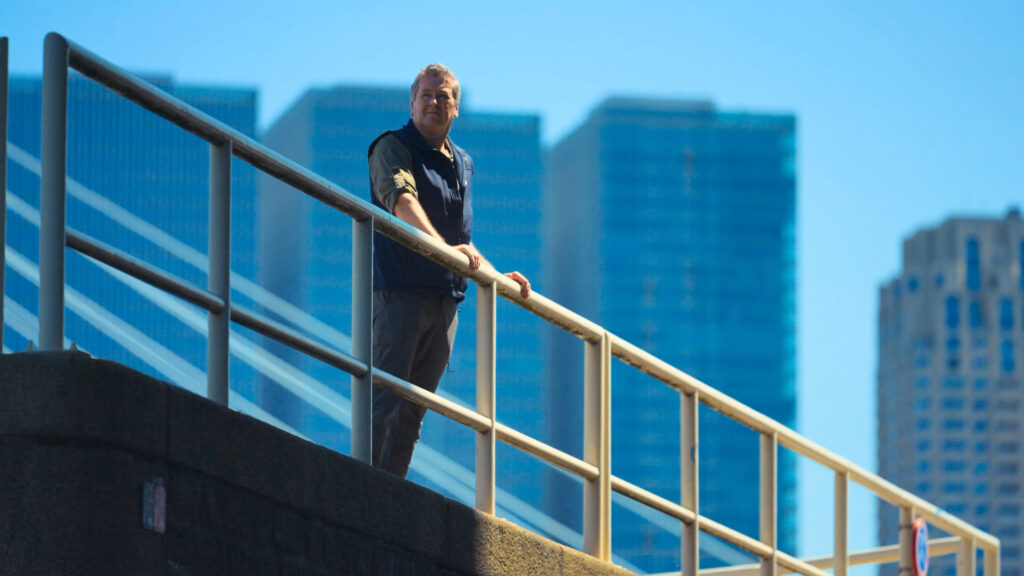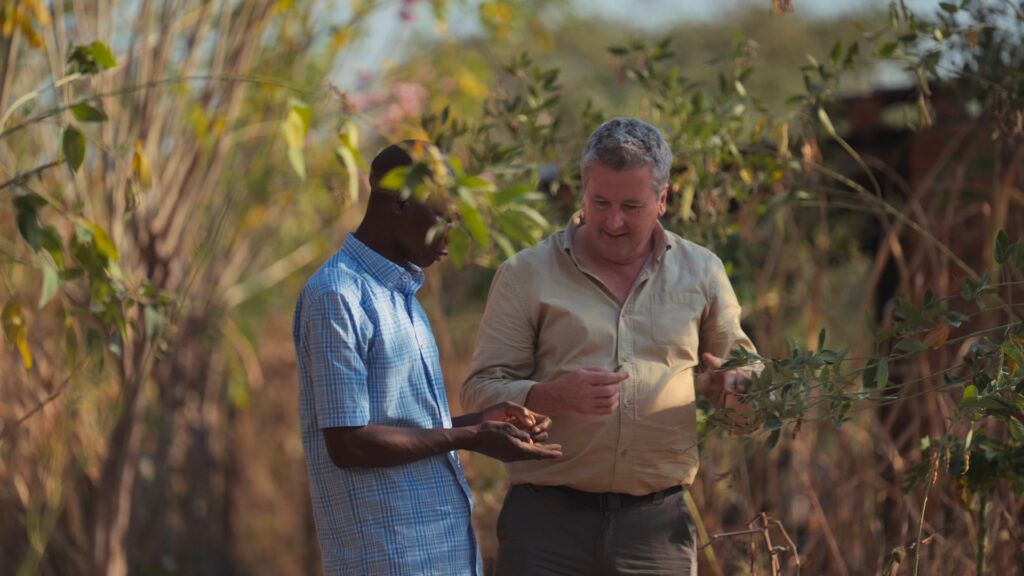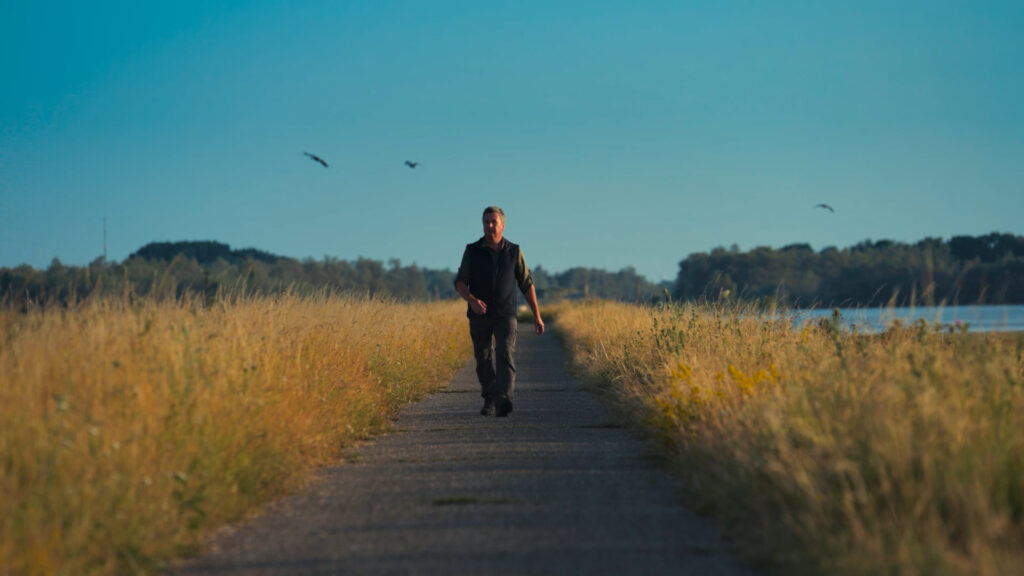An unprecedented concentration of human effort in the 1960s put human beings on
the moon. The Moonshot showcased our ingenuity as a species. The kind of leap
forward that could be achieved with a near whole-of-society effort. Ironically though,
as we left to explore the moon, it was planet Earth that we discovered.
All these stories of survival prospects on a distant world are missing a discussion
about what ACTUALLY makes a planet habitable to us. We don’t just need to find a
twin earth, a planet roughly the same size and temperature as ours; we need a
planet that spent billions of years evolving with us. We depend completely on the
billions of other living organisms that make up Earth’s biosphere.
As wildfires rage across North America, the Arctic and Europe, Philip explores how
we can adapt to new wildfire seasons, learning from the experts in Spain. Travelling
to The Netherlands, Philip learns how we can build world class coastal defences to
combat the inevitable rising seas. But Philip discovers there’s a limit to how much
land we can defend and that planned retreat is a more important concept that we
haven’t yet started to consider or discuss.
The history of human existence is littered with examples of incredible ways that we
have innovated, adapted and overcome adversity. But we have also seen examples,
where humans were not able to overcome the challenges they put themselves in,
like in Easter Island.
If we don’t see what’s coming and don’t plan, then adaptation is likely to fall short.
And if we don’t rapidly reduce emission then we will make our already vast
adaptation challenges even more challenging.
Sea level rise is arguably the most concerning, longer term threat of climate change.
Dr Bregje Van Wesenbeeck is an engineer working with Deltares, the Dutch firm
responsible for most of The Netherlands’ incredible flood protections. Planning for
how to live under the water table is something many regions around the world are
going to have to learn about and the Dutch have already mastered it.
We learn from Spanish fire specialists about how to combat and adapt to the
increase in wildfires we are seeing across North America and Europe. Philip takes
these lessons home and speaks with experts here about how our landscapes and
infrastructure in Ireland will have to change for us to live well in a new climate world.
But this story takes us to the barriers to change; psychological, cultural, technical
and political. How will these barriers be overcome



